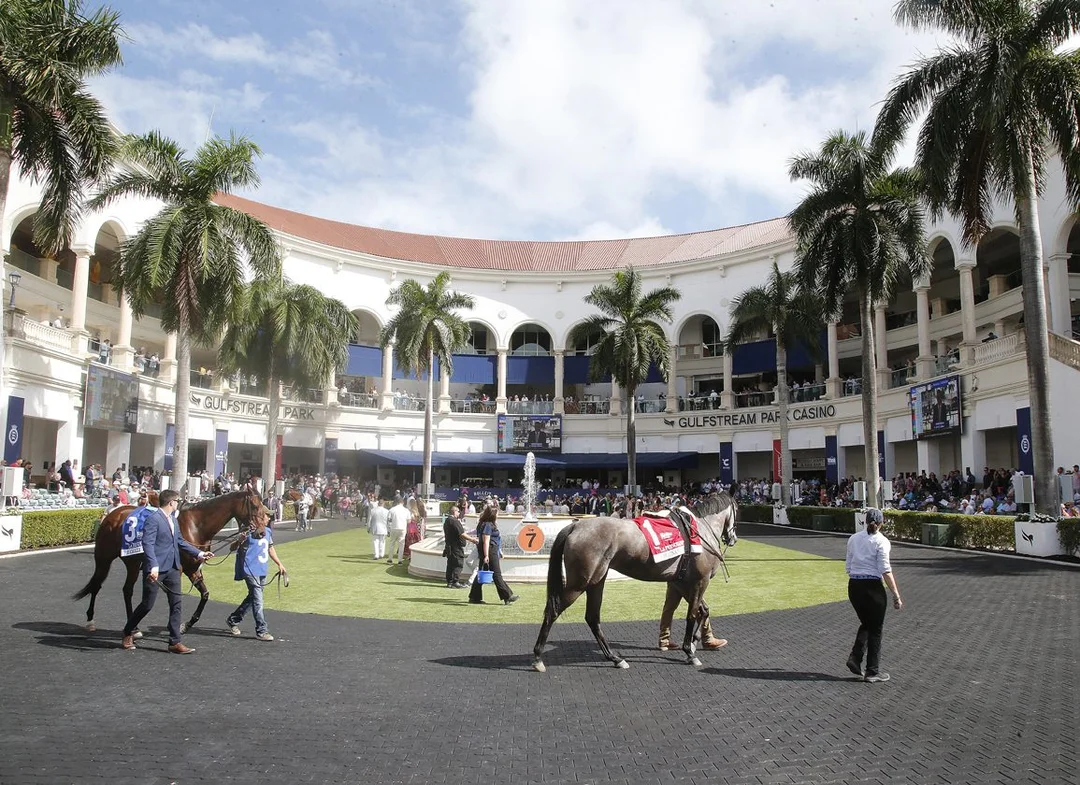
Could Florida’s Thriving Horse Racing Industry Face a Dramatic Shake-Up?
In a move that has stirred controversy across Florida's gaming and horse racing sectors, the state House of Representatives recently passed a bill that could reshape the future of thoroughbred racing. This legislation, known as the decoupling bill, challenges long-standing requirements linking live horse races to casino operations, raising questions about economic impacts, industry survival, and political dynamics. As stakeholders debate the implications, the decision highlights ongoing tensions between tradition and modernization in one of America's key racing states.
The core of the issue lies in House Bill 167, which was approved by a 70-34 vote on Friday. This bill would eliminate the mandate for venues like Gulfstream Park and Tampa Bay Downs to host a minimum number of live thoroughbred races to maintain their casino and card room operations. Instead, it introduces a five-year transition period, potentially allowing full decoupling by 2030. Proponents argue this could boost Florida's gaming economy by making operations more flexible, but critics warn it might erode the state's vibrant horse racing heritage, leading to job losses and a decline in breeding programs.

Key figures have weighed in on the debate. Florida Governor Ron DeSantis expressed reservations last week, stating he is not in favor of decoupling but has not committed to a veto. This hesitation adds uncertainty to the bill's fate, as it still awaits Senate approval. Meanwhile, Lonny Powell, CEO of the Florida Thoroughbred Breeders' and Owners' Association (FTBOA), offered a forward-looking perspective. In an interview, Powell remarked, 'We expect the House to pass decoupling... Our big challenge is going forward after this session is to define the future of what Florida racing and breeding looks like so we can move forward and not be defending it all the time.' His comments underscore the industry's proactive stance, emphasizing the need for adaptation rather than resistance.
Comparisons with past efforts reveal a pattern: the FTBOA has successfully blocked similar proposals before, thanks to alliances with advocates and officials. However, this time, the bill's passage in the House—despite opposition from some North Central Florida lawmakers like Ryan Chamberlin and Chad Johnson—signals a potential shift. In Ocala, known as the Horse Capital, local leaders fear decoupling could devastate their economy, as it would allow track owners to prioritize gambling over races. This contrast highlights a broader national trend where states grapple with balancing entertainment, economics, and cultural preservation.
Analyzing the broader implications, decoupling could lead to a more efficient gaming market but at the cost of Florida's thoroughbred legacy. If enacted, it might inspire similar changes elsewhere, affecting jobs in breeding, training, and events like the Pegasus World Cup. The FTBOA continues to rally support through campaigns, urging stakeholders to stay informed via their website.

In conclusion, the passage of this decoupling bill marks a pivotal moment for Florida's horse racing industry, potentially redefining its role in the state's economy and culture. What does the future hold for thoroughbred racing in the Sunshine State? As debates continue, it's clear that the outcome could set precedents nationwide. We invite readers to share their thoughts: Will this bill ultimately strengthen or undermine Florida's traditions? Leave a comment below, and don't forget to share this article to spark more discussion.